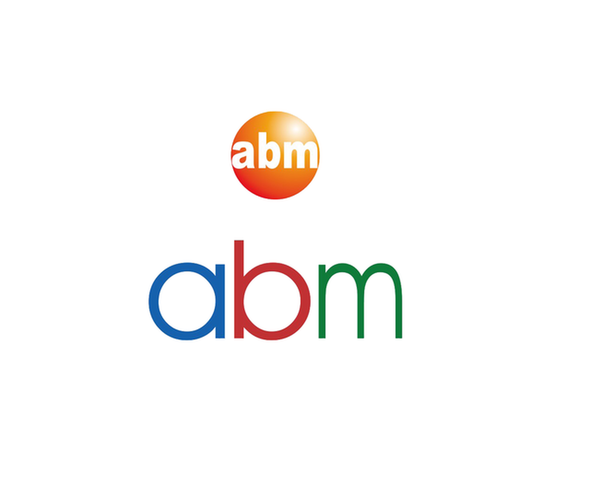abm rat recombinant protein
Recombinant Rat CXCL2 | Z300117
- SKU:
- Z300117
- Availability:
- 5 to 7 Days Shipment
Description
abm | Recombinant Rat CXCL2 | Z300117
Growth regulated oncogene- gamma belongs to the family of chemotyctic cytokines called chemokines. It is identical with MGSA (melanoma growth stimulatory activity)and the new designation is CXCL3. This factor is known mainly because of its chemotactic activity. GRO expression is inducible by serum or PDGF and/or by a variety of inflammatory mediators, such as IL-1 and TNF, in monocytes, fibroblasts, melanocytes and epithelial cells. In certain tumor cell lines, GRO is expressed constitutively. Similar to other alpha chemokines, the three GRO proteins are potent neutrophil attractants and activators. In addition, these chemokines are also active toward basophils. All three GROs can bind with high affinity to the IL-8 receptor type B.
Functions:
The ED(50) was determined by the dose-dependent proliferation of HepG2 cells and was found to be <0.5ng/mL.
Organism:
Rat
Source:
E. coli
Alias:
Cytokine-induced neutrophil chemoattractant 3, CINC-3, Macrophage inflammatory protein 2, MIP2, C-X-C motif chemokine 2
Recombinant Rat Growth-Regulated Oncogene Beta (CXCL2)
Gene Symbol:
CXCL2
Gene ID:
114105
Accession:
P30348
Formulation:
Lyophilized from a 0.2 μm filtered solution in PBS, pH 7.4.
Solubility:
A quick spin of the vial followed by reconstitution in distilled water to a concentration not less than 0.1 mg/mL. This solution can then be diluted into other buffers.
Appearance:
Lyophilized Powder
Molecular Weight (kDa):
8
Molecular Weight 2 (kDA):
N/A
Molecular Weight 3 (kDA):
N/A
Purity:
>95% as determined by SDS-PAGE
Concentration:
<1.0 EU/μg of recombinant protein as determined by the LAL method.
Shipping Condition :
Ambient Temperature
Storage Condition:
The lyophilized protein is stable for at least one year from date of receipt at -70°C. Upon reconstitution, this cytokine can be stored in working aliquots at 2° - 8°C for one month, or at -20°C for six months, with a carrier protein without detectable loss of activity. Avoid repeated freeze/thaw cycles.






